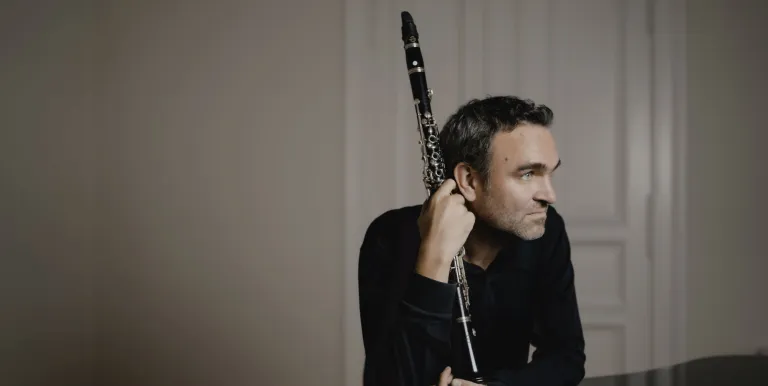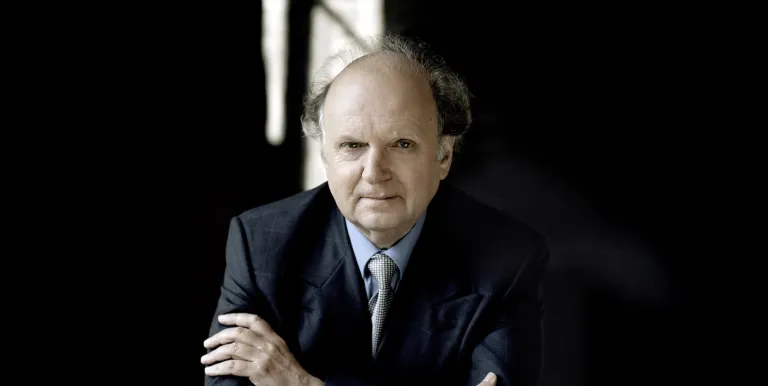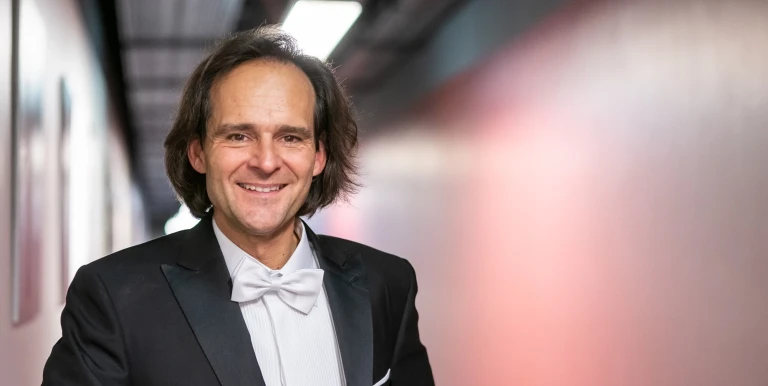Change
one interval
Change
We regret to inform our esteemed audience that Diana Tishchenko violinist is replacing Danyiil Trifonov.
Thank you for your understanding!
Conductor:
Featuring:
Haydn
Violin Concerto No. 1 in C major, Hob. VIIa:1
Mahler
Symphony No. 1 in D major ("Titan")
We regret to inform you that Daniil Trifonov, the soloist of our concerts on May 15-16-17, has cancelled his performances in Budapest for health reasons. In order for you to enjoy the quality you expect from the BFO, we also had to change the program: in the first part of the concert, we will perform Joseph Haydn's Violin Concerto No.1 in C major with Ukrainian violinist Diana Tishchenko.
Serving at the Esterházy court, Haydn focused primarily on orchestral music. The outstanding concertmaster of the court ensemble, Luigi Tomasini, inspired Haydn's compositions several times, hence the inscription on the title page of the Violin Concerto No. 1 from the middle of the 1760's: "fatto per il Luigi” - "for Luigi.” Scored in bright C major, the splendid, elegant opening movement resembles 17th century French overtures. In the slow movement, a simple motif develops into a lyrical song, whereas the Finale offers a colorful palette of string instruments.
Mahler started to work on his first symphony at the end of 1887, initially planning for it to take the form of a five-movement programmatic symphonic poem. "A symphony must be like the world. It must embrace everything," he wrote to Sibelius. This attitude is reflected in the various related motifs spanning the different movements, the self-references, the stylistic diversions and the varied instrumentation. After starting out with a surprisingly long and slow introduction, the symphony gradually moves from fragmented motifs to its main theme. Instead of the "Blumine”, which Mahler removed, leaving it to be performed ever since as an independent concert piece, the second movement was replaced with an energetic scherzo, followed by a unique slow movement including a children's song performed by double bass, klezmer music and a military march. The piece concludes with a passionate finale: initially tragic, it eventually grows triumphant.
Presented by: Budapest Festival Orchestra
-
We wish to inform you that in the event that Müpa Budapest's underground garage and outdoor car park are operating at full capacity, it is advisable to plan for increased waiting times when you arrive. In order to avoid this, we recommend that you depart for our events in time, so that you you can find the ideal parking spot quickly and smoothly and arrive for our performance in comfort. The Müpa Budapest underground garage gates will be operated by an automatic number plate recognition system. Parking is free of charge for visitors with tickets to any of our paid performances on that given day. The detailed parking policy of Müpa Budapest is available here.












